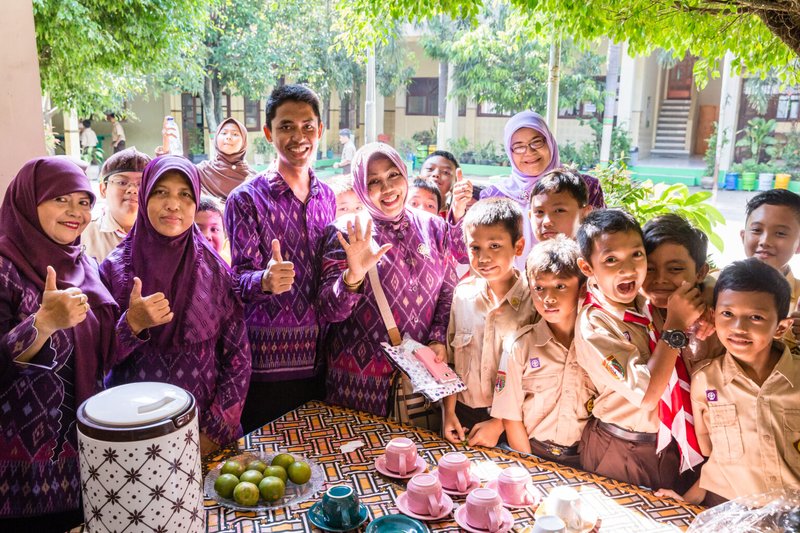
12th of November marks a significant milestone in global efforts to beat neglected tropical diseases (NTDs) as the new WHO NTD Roadmap was officially endorsed by member states during the 73rd World Health Assembly.
Over 1.7 billion people are at risk of neglected tropical diseases. These are individuals that are at the end of the health system – with poor access to essential services that trap them in endless cycles of poverty.
Incredible progress has been made with the implementation of the first NTD Roadmap, which expires at the end of 2020. This has included the elimination of at least one NTD in 42 countries, and one billion people being reached with treatment for at least one NTD, five years in a row.
We welcome the efforts to sustain these gains and the need to accelerate progress if we are to meet the 2030 targets.
We welcome the leadership of member states in adopting the new NTD Roadmap. This was a once in a decade opportunity to agree on a global strategy that charts a clear path towards ending these ancient diseases that have plagued humankind for centuries, yet are preventable and treatable, and member states stepped up to the plate.
Member states, in their number, acknowledged the fact that we will simply not achieve the Sustainable Development Goals and Universal Health Coverage without further progress on NTDs.
Common themes and support for action on NTDs were heard from member states, reflecting on the suffering and damage NTDs can cause. Bahrain referred to NTDs as a “destructive burden on over a billion people worldwide”, and Switzerland reflected that NTDs are often “diseases of poor and marginalised populations and a coordinated effort in addressing them is needed.”
Speaking on behalf of the WHO EURO Region, Germany expressed their support and appreciation for the Roadmap remarking that NTDs continue to affect the poorest people, those underserved by Primary Health Care (PHC) and health systems. They acknowledged the need to remove barriers to access for NTDs and to increase health literacy for NTDs and noted that prevention, diagnosis and treatment of NTDs are essential. They underscored the need for a strong referral system and cross-sectoral approaches that are integrated within the health system.
Several WHO Member States — including Kenya, Senegal, Switzerland, Zimbabwe, Burkina Faso, Mexico, St Kitts and Nevis, and Sudan — spoke about how NTDs must be an integral part of Universal Health Coverage (UHC) and that addressing NTDs is essential for UHC and the achievement of the SDGs.
Slovakia showed extensive support for the Roadmap and NTDs noting that NTD interventions are diseases of the least well-off and their interventions constitute a ‘best buy’ as far as international development programs are concerned and “need to be prioritised from the beginning.”
We thank the WHO Africa Region represented by Burkina Faso; PAHO, represented by St Kitts and Nevis; EURO, represented by Germany; and EMRO, represented by Bahrain; Slovakia, South Africa, Zimbabwe, the USA, Bahrain, Senegal, the Russian Federation, Germany, Burkina Faso, Switzerland, the EU, Sudan, Kenya, Botswana, Mexico, Sudan, Argentina, Brazil, Malaysia, Philippines, Tanzania, Vietnam and Madagascar. Their vital support will help to ensure NTDs are beaten and never neglected again.
Now that the NTD Roadmap has been adopted, we urge member states to:
- Maintain the highest political leadership and will to achieving the 2030 targets as set out in the new NTD Roadmap
- Ensure that interventions against NTDs are prioritised and embedded in national level strategies and plans and are an essential part of the UHC package
- The prioritisation of NTDs is matched by an allocation of adequate resources, most crucially, domestic resources
- NTDs are embedded and incorporated within multi-sectoral priorities and strategies, including Education, WASH, Nutrition and ONE Health
As the Uniting to Combat NTDs partnership, we will continue to do our part to support the implementation of the new roadmap.